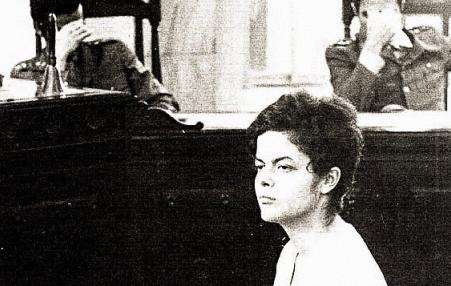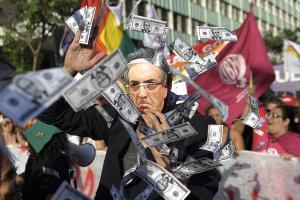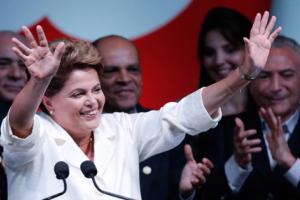BRICS Bank De-Dollarizing, Promises 30% of Loans in Local Currencies, New Chief Dilma Rousseff Says
Geopolitical Economy Report
The new chief of the BRICS bloc’s New Development Bank, Brazil’s leftist ex-President Dilma Rousseff, revealed they are gradually moving away from the US dollar, promising at least 30% of loans in local currencies of members.









Spread the word